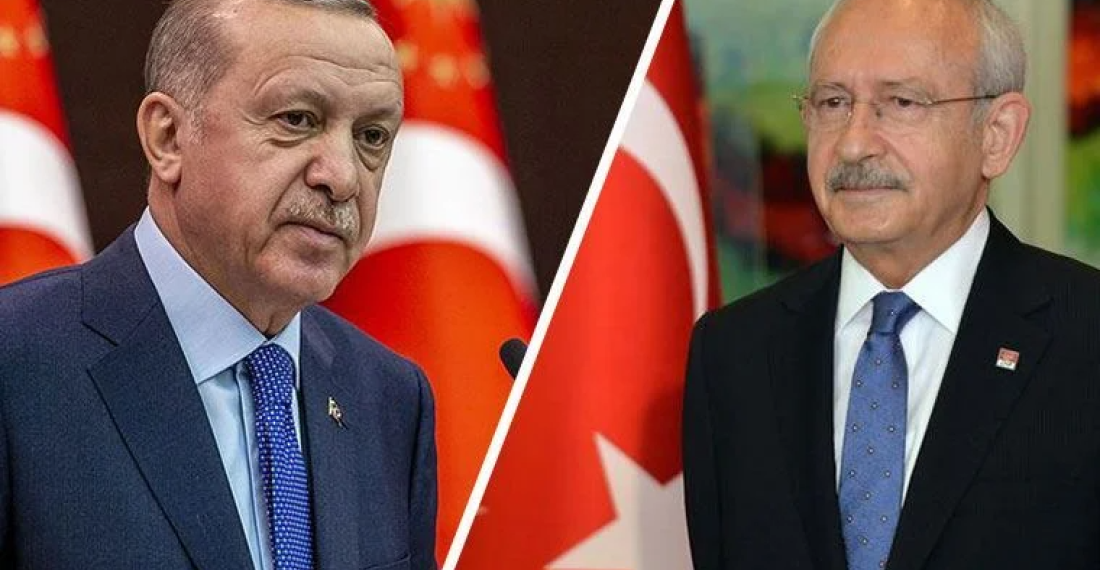There are now ten days to go until Turkey heads to the polls for the first round of the Turkish presidential election on 14 May.
The main race is being fought between incumbent president Recep Tayyip Erdogan, who has served as either Prime Minister or President since 2003, and Kemal Kilicdaroglu, a former bureaucrat from the country's social security authority who is leading a coalition of six parties from across the political spectrum.
The election is expected to be tight. Over the weekend, Istanbul-based opinion pollster TEAM released its April report, according to Al-Monitor, which put challenger Kilicdaroglu at 47.4% and Erdogan at 44.4%.
If no candidate reaches a majority in the first round of voting, the election will head to a second round. If it were to reach this stage, Kilicdaroglu is predicted to beat Erdogan by a 5% margin, according to TEAM.
Whoever wins will be faced with serious challenges
Turkey is currently experiencing major challenges that have dented Erdogan's hopes of winning May's election. On 6 February, a magnitude 7.8 earthquake rocked southern Turkey and northern Syria, which is estimated to have killed over 50,000 and displaced millions.
Erdogan has come in for significant criticism over the speed of rescue efforts in the aftermath of the earthquake. There are also ongoing corruption investigations relating to the construction of many buildings that collapsed in the earthquake. More than 160,000 buildings collapsed in Turkey during the earthquake, with experts having warned that corruption and government policies rendered buildings unsafe.
Then there is the economy, which had been experiencing a prolonged crisis even before the February earthquake. The Turkish lira lost 40% of its value against the dollar in 2021, and in October last year Turkey saw inflation reach 85%.
Kilicdaroglu promises "peace and democracy", Erdogan returns to campaign trail after health scare
Erdogan's rule has been increasingly authoritarian, with Freedom House saying that the AKP government has shown a "growing contempt for political rights and civil liberties and has pursued a wide-ranging crackdown on critics and opponents since 2016".
Currently, one can go to prison in Turkey for "insulting the president", and many have. Speaking to the BBC, Kilicdaroglu said, "I am telling young people they can criticise me freely. I will make sure they have this right."
Erdogan's already difficult campaign was recently complicated by a health scare. The incumbent president fell ill live on television on Tuesday 25 April, disrupting his campaign and reappearing in public three days later.






